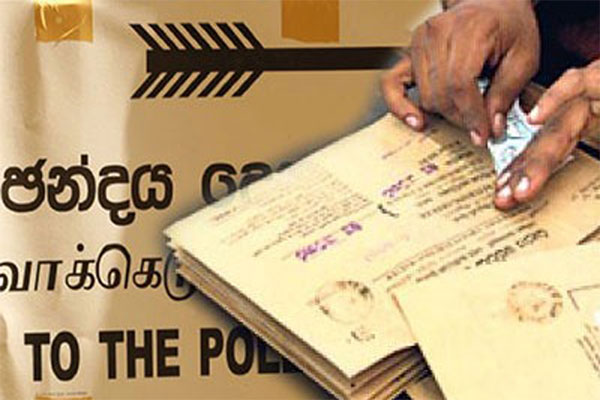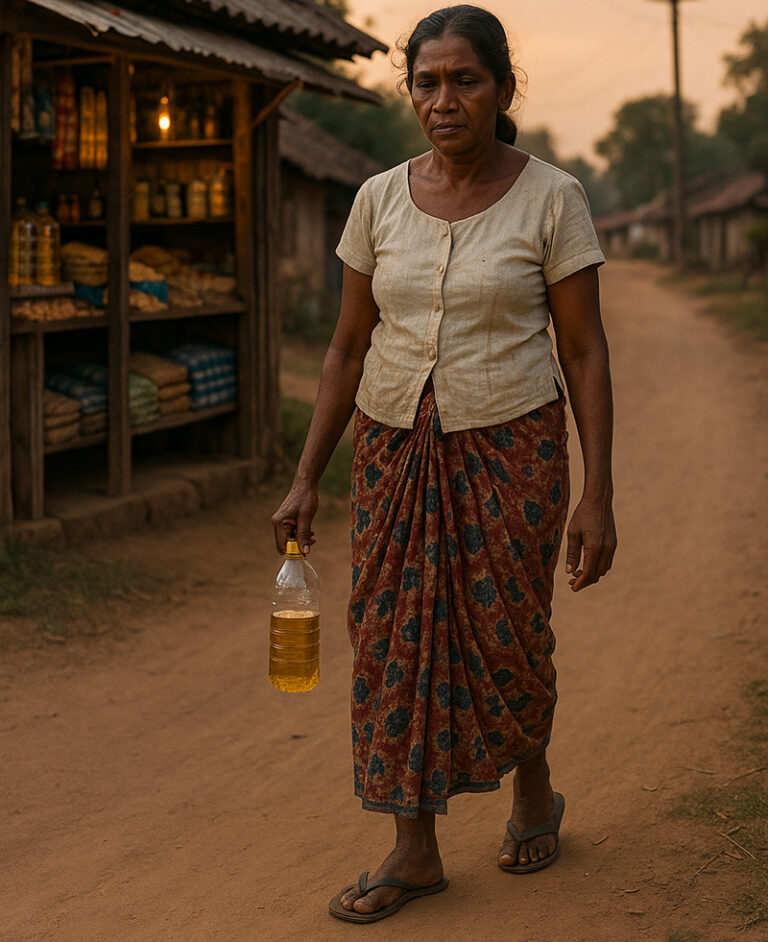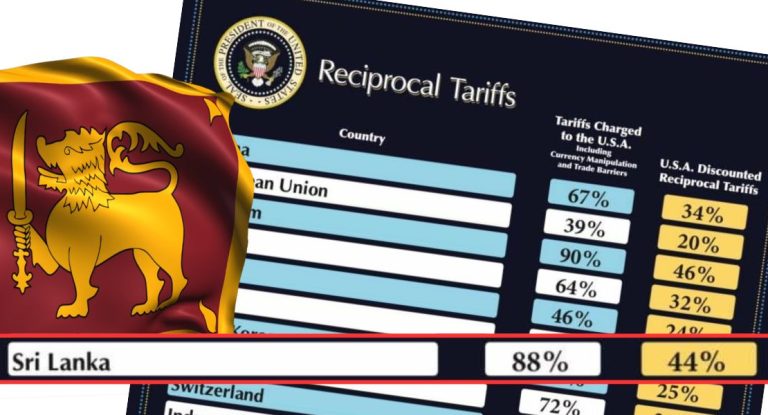In 1931, Sri Lanka earned the right to the universal franchise, a milestone that allowed the nation’s citizens to participate in the electoral process. However, not all Sri Lankans fully enjoy this right even today. Among those excluded are Buddhist nuns, prisoners, and approximately 10% of the immigrant population.
Recently, the Committee for Safeguarding Prisoners’ Rights raised concerns about the infringement of prisoners’ voting rights, sparking discussions on the legal and practical challenges of this issue.
According to Article 88 of the Sri Lankan Constitution, all individuals entitled to vote can exercise this right during presidential, parliamentary, and referendum elections. However, Article 89 outlines specific circumstances under which a person may be disenfranchised. Notably, individuals who are imprisoned for a certain duration may lose their voting rights as stipulated under Article 89 (A). This clause specifies that those convicted of offences punishable by imprisonment for more than two years, or who are currently serving sentences longer than six months, may lose their voting rights.
Five key scenarios lead to the loss of voting rights:
- Serving a Sentence: Individuals serving a sentence of more than six months for an offence punishable by over two years of imprisonment.
- Previous Convictions: Those who have completed such a sentence within the past seven years.
- Death Sentence: Those sentenced to death.
- Commuted Sentences: Those whose death sentence has been commuted to a prison term exceeding six months.
- Recent Release: Individuals who have completed such a sentence within the past seven years.
Conversely, prisoners not falling into these categories retain their voting rights. This includes:
- Short-term Prisoners: Those serving sentences of less than two years.
- Pardoned Prisoners: Those who have received an unconditional pardon despite meeting the above conditions.
- Remand Prisoners: As per Article 13 (5) of the Constitution, all individuals are presumed innocent until proven guilty, meaning that remand prisoners retain their right to vote.
Despite these provisions, the practical implementation of these rights remains elusive. The necessary mechanisms to facilitate voting for prisoners have not yet been established in Sri Lanka. The Prison Ordinance, accompanying regulations, and departmental standing orders would need to be amended to accommodate this.
Currently, there are 30,039 prisoners in Sri Lanka, of which 19,486 are remand prisoners, and 10,553 are convicted prisoners. The Committee for Safeguarding Prisoners’ Rights highlights that remand prisoners constitute 64.7% of the total prison population, all of whom are eligible to vote. However, due to systemic shortcomings in the electoral process, these citizens are effectively disenfranchised.
The Election Commission asserts that every qualified citizen of a country has the right to participate in governance or elect representatives, regardless of their race, religion, language, gender, or social status. Thus, the Prisoners’ Rights Committee argues that the Election Commission bears the responsibility of ensuring the voting rights of prisoners are upheld.
By Chetana Gomes







